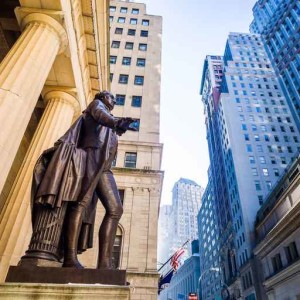The Dodd-Frank Wall Street Reform and Consumer Protection Act brought with it a host of sweeping regulations that demanded increased banking and financial transparency. It established federal watchdogs like the Consumer Financial Protection Bureau to ensure safe and sustainable fiscal operations, and it released a flood of reforms ultimately aimed at curbing unsafe banking and lending practices to potentially avoid a future meltdown like the one seen during the Great Recession.
Dodd-Frank met opposition at every turn during its inception as big banks and their allies voiced concern over such broad government oversight. Calls for reform continue today, though the act has weathered the last half decade remarkably well.
Michael Barr, a professor at the University of Michigan Law School, senior fellow at both the Center for American Progress and the Brookings Institution and former assistant secretary for financial institutions at the U.S. Treasury Department, played an instrumental role in the formation of the Dodd-Frank Act. He was a major player in developing the proposals that would later be signed into law, and he has followed the act’s implementation ever since.
To mark the groundbreaking legislation’s fifth birthday, U.S. News recently chatted with Barr about the Dodd-Frank Act’s origins, how well it’s held up over the years and where the overall economy is today. Excerpts:
In 2009 you joined the Treasury Department and ended up being a key player in drafting the Dodd-Frank proposals. What state was the country’s economy in back then?
Read Full Article Here: U.S. News & World Report

